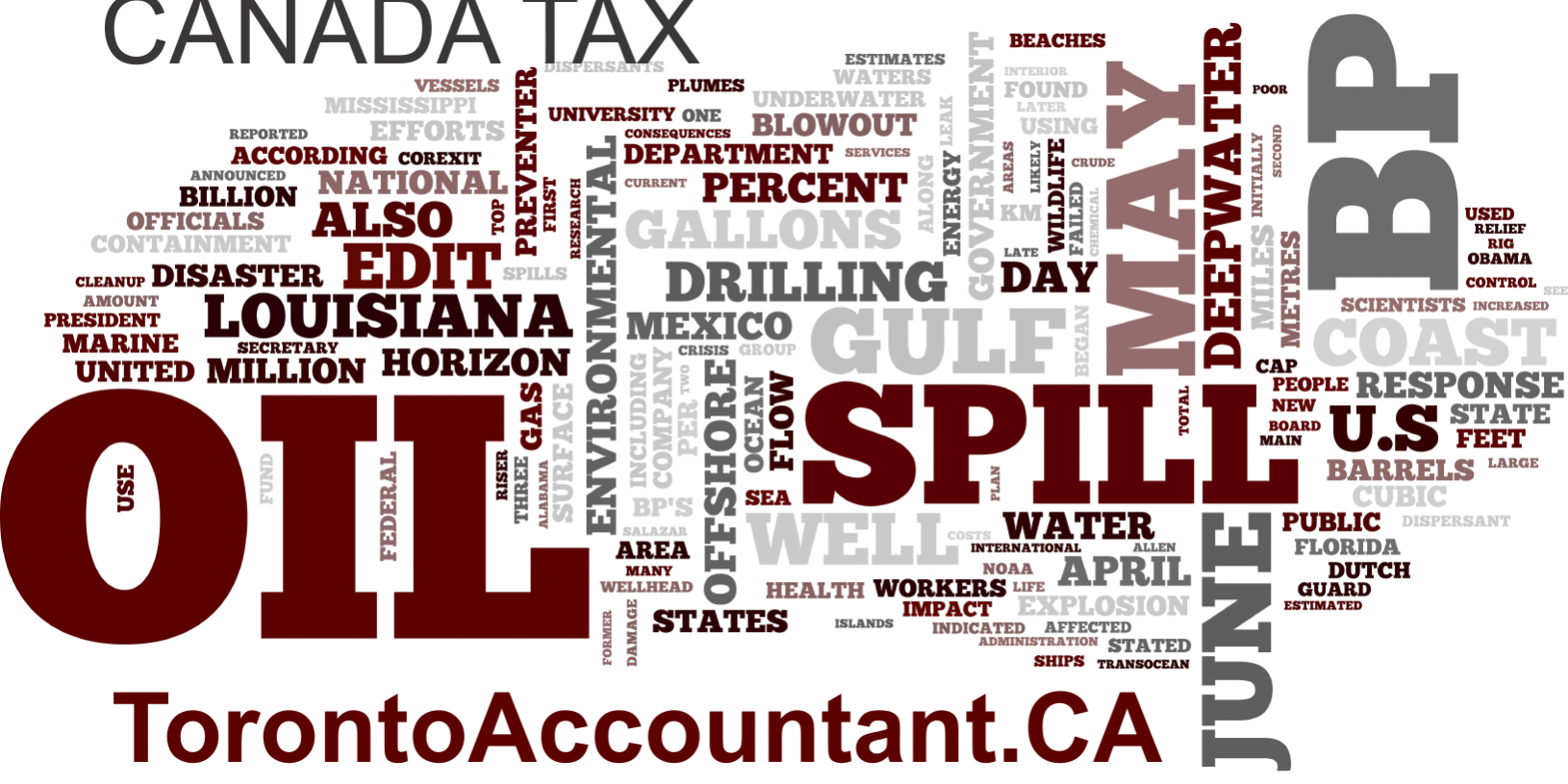As we all know our tax dollars go into the various levels of government to help pay for all the services, programs and infrastructure that we count on as Canadian citizen. Each tax dollar we pay is divided into specific amounts that get allocated to the different departments providing these amenities. What happens when extra dollars are needed for unforeseen circumstances like major mishaps?
One major event that the country has to deal with on occasion is the crude derailments, or spills from of other dangerous goods when being transported. Unfortunately crude derailments are not all that uncommon, such as the one that took place in Timmins not all that long ago.
These type of derailments often cause the spillage of dangerous goods like crude oil that not only can cost lives, but plays havoc on the environment. The cleanup can cost a massive amount of money, and where does the money come from for this? More often than not at least a portion of it comes out of the tax dollars somewhere along the line.
The government is stepping in to address this problem with the intention of creating a compensation fund. It would help to provide a means for paying for costs of a oil-trail derailment. This would be funded through a levy that would be placed on the crude shipped. This new approach has been a long time coming, because the Government stipulated that it was going to make the railways and shippers more accountable for these events after the Lac-Mégantic incident in 2013. There were new regulatory changes put in place after this incident, but the clean up costs at that time were not adequately addressed.
The proposed levy is $1.65 on every metric ton of crude oil that is being carried. Included in these new cost responsibility directives the government is indicating it will mandate minimum insurance coverage levels for the railways that are transporting the crude.
The railway companies that would be most affected are in the process of digesting the announcement of the new levy. This is probably raising some concerns as many of the petroleum producers have already been hard hit by the recent drop in oil prices.
There are some groups within the industry that feel other dangerous goods transporters should also have to contribute to the fund from the start. It is being proposed that the new derailment level would be collected until $250cdn. is accumulated.
For the average Canadian tax payer this may seem like a good move, holding those responsible for the mishaps such as these more financially accountable. What some question however, is that when the price of oil goes up again, is the cost of this new level going to end up being funneled down to the end user?







